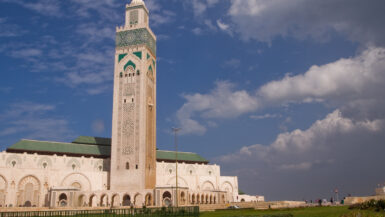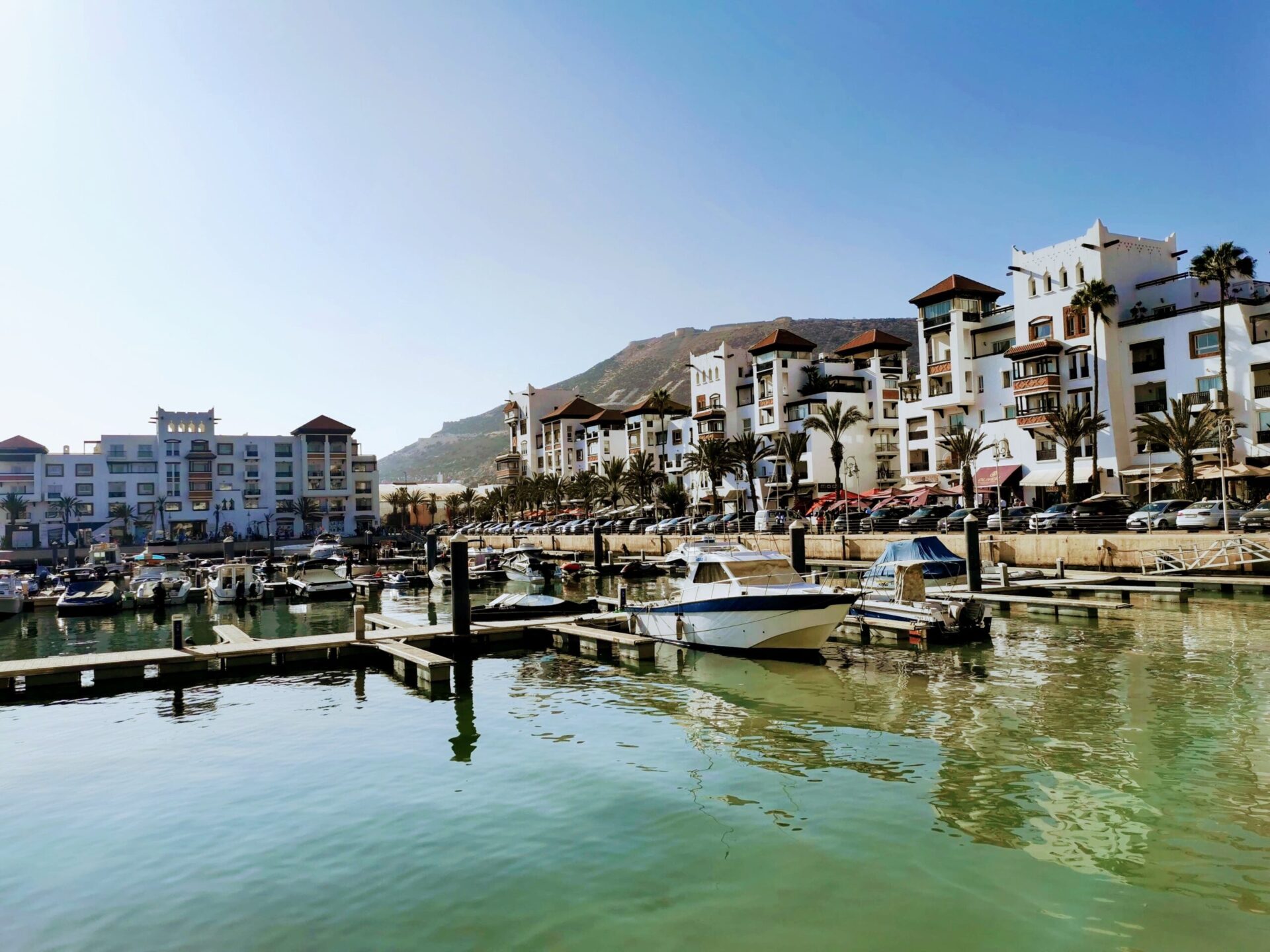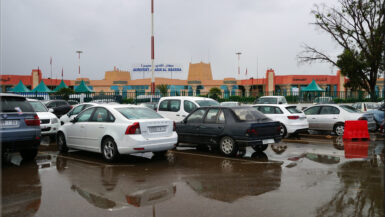Morocco, a land of vibrant culture, stunning landscapes, and rich history, is a favorite destination for travelers worldwide. From the bustling souks of Marrakech to the serene Atlas Mountains, Morocco offers unique experiences for adventurers and leisure seekers alike. However, understanding the travel essentials, entry requirements, and safety guidelines is crucial for a smooth journey. This article provides a comprehensive guide on everything you need to know before setting off for Morocco.
Morocco Travel Advice: Key Considerations

Morocco’s travel landscape has its unique challenges and nuances. Familiarizing yourself with these aspects ensures that you are prepared for your trip.
Warnings and Insurance
Traveling to Morocco, like any international destination, carries some risks. Having appropriate travel insurance is vital to cover emergencies, accidents, and unforeseen disruptions. Your policy should also include activities like hiking or adventure sports, should you plan them.
- Key Tips:
- Confirm coverage for medical evacuations.
- Check your policy’s provisions for political or regional disturbances.
Entry Requirements
Understanding Morocco’s entry rules is essential for seamless travel.
Passport Validity: Your passport must remain valid for at least three months from the arrival date in Morocco. Damaged passports are a strict no-go, as entry may be denied.
Visas: British nationals can enter Morocco without a visa for up to 90 days for tourism purposes. If you need to stay longer, you must apply for an extension at a local police station. Ensure your passport is stamped upon entry to avoid complications when exiting.
Customs and Currency Regulations: Morocco has strict guidelines on importing and exporting money and goods.
- Travelers can carry up to 2,000 Moroccan dirhams and must declare foreign currency worth over 100,000 dirhams.
Safety and Security
While Morocco is generally a safe travel destination, certain precautions can enhance your security.
Terrorism and Political Climate
There is an ongoing global threat of terrorism, and Morocco is not exempt. Attacks can be indiscriminate and may target crowded areas, transportation hubs, and tourist attractions.
Recommendations:
- Stay updated with local news and FCDO alerts.
- Avoid areas known for political demonstrations and comply with local authorities.
Crime Prevention
Petty crime such as pickpocketing, bag-snatching, and scams is more common in tourist-heavy zones like medinas and beaches.
Tips to Stay Safe:
- Avoid isolated areas, especially at night.
- Keep valuable items hidden and limit the amount of cash you carry.
- Use officially licensed guides to explore historic districts.
Regional Risks
Certain regions, such as Western Sahara, are politically sensitive. Always verify the safety status of these areas and avoid crossing the Morocco-Algeria border due to its closed and heavily monitored status.
Health and Medical Advice
Ensuring your health is paramount when traveling abroad. Here’s what to consider before your trip to Morocco.
Vaccination and Health Risks
- Polio vaccination certificates are mandatory for travelers from affected regions.
- Consult TravelHealthPro for recommended vaccines at least eight weeks before your departure.
- Be cautious of altitude sickness if planning to trek in the Atlas Mountains.
Emergency Medical Services
- Dial 150 for an ambulance in case of a medical emergency.
- Public healthcare facilities may not meet Western standards; private clinics are better equipped but can be costly. Ensure your travel insurance covers medical expenses and evacuation.
Medication
If you rely on prescription medicine, carry sufficient supplies and ensure that they are legal in Morocco. Some UK-prescribed medications may require additional permits.
Regional Insights
Western Sahara
A disputed territory, Western Sahara poses unique risks for travelers. British nationals needing assistance here should contact the UK embassy in Rabat.
Morocco-Algeria Border
Crossing this border without authorization is illegal. Avoid border regions entirely to prevent detention or legal complications.
Navigating Moroccan Culture and Laws
Morocco’s culture is steeped in Islamic traditions, which travelers must respect to avoid legal or social issues.
Clothing and Conduct
- Dress modestly, especially during Ramadan or when visiting religious sites.
- Public displays of affection should be avoided to respect local norms.
LGBTQ+ Travelers
Same-sex relationships are illegal in Morocco. Discretion is strongly advised, and public affection should be avoided.
Alcohol and Drugs
Alcohol consumption is restricted to licensed venues. The possession or use of illegal drugs is strictly forbidden and carries severe penalties.
Transport and Travel Tips
Driving in Morocco
- A 1968 International Driving Permit is required alongside your UK license.
- Driving under the influence of alcohol is a serious offense, with penalties including imprisonment.
- Be cautious when driving at night due to poor road lighting and potential hazards.
Public Transport and Taxis
- Opt for regulated taxis and avoid shared rides with strangers.
- Speeding and reckless driving are common in urban areas.
Outdoor Activities and Adventure Travel
Hiking and Natural Hazards
Hiking in the Atlas Mountains is a popular activity, but it requires preparation. Hire professional guides and carry essential supplies. Be aware of flash floods during the rainy season.
Earthquake Preparedness
Morocco is seismically active. Familiarize yourself with earthquake safety measures, particularly if staying in high-risk areas.
FAQs
Is Morocco safe for solo travelers?
Yes, but precautions like avoiding isolated areas and using official guides are recommended.
What are the entry requirements for British travelers?
A valid passport with at least three months of validity is required. A visa is not needed for stays up to 90 days.
Can I drink alcohol in Morocco?
Yes, in licensed venues. However, public consumption is illegal.
Is travel insurance mandatory for Morocco?
It’s not mandatory but highly recommended for medical emergencies and trip disruptions.
Are same-sex relationships legal in Morocco?
No, they are illegal. Travelers should exercise discretion.
What vaccines do I need for Morocco?
Polio vaccination is required if traveling from an affected region. Other recommended vaccines include hepatitis A and typhoid.
Conclusion
Morocco is a destination that offers a unique blend of cultural richness and breathtaking landscapes. However, being informed and prepared for regional risks, health considerations, and local laws ensures a worry-free adventure. By following this guide and staying alert, you can make the most of your Moroccan journey.




Leave a reply